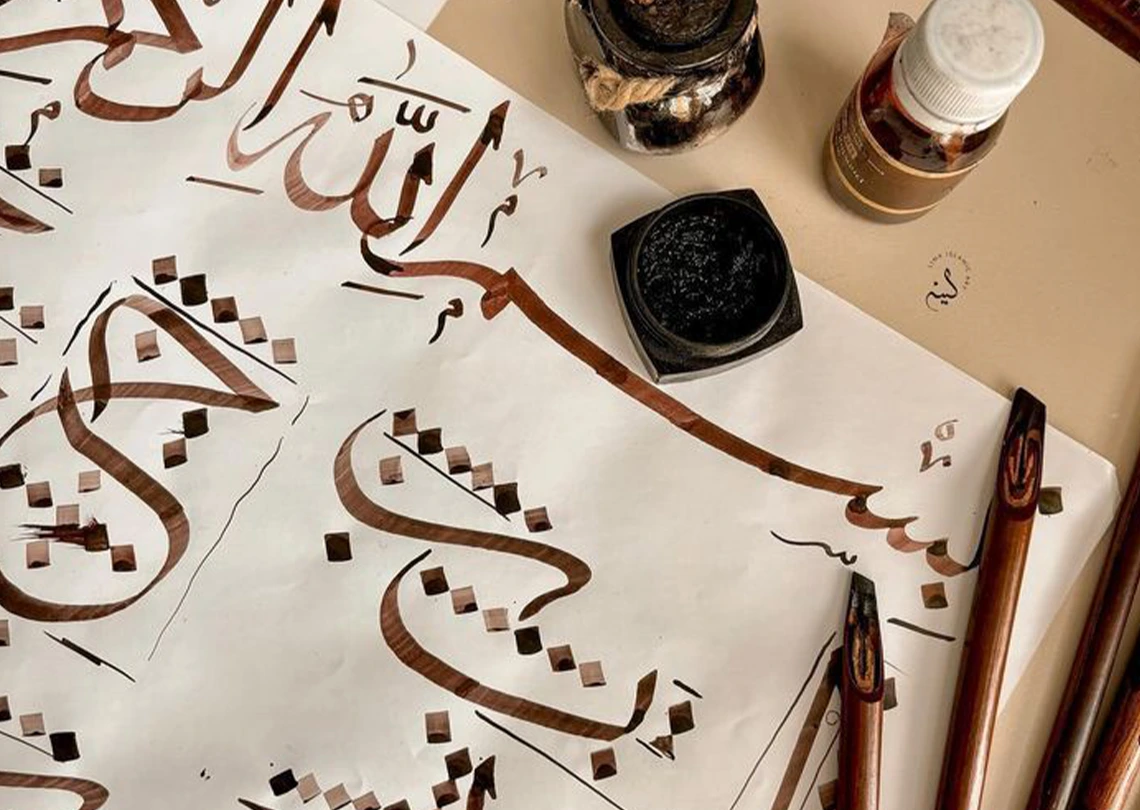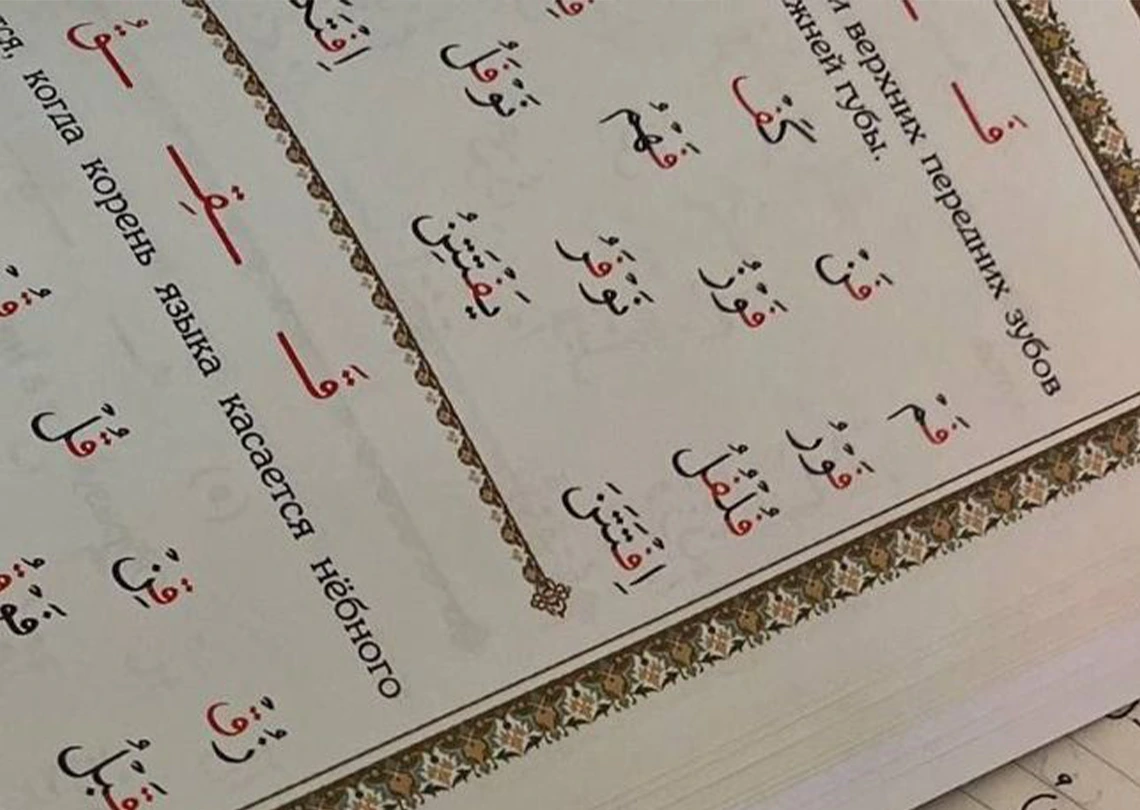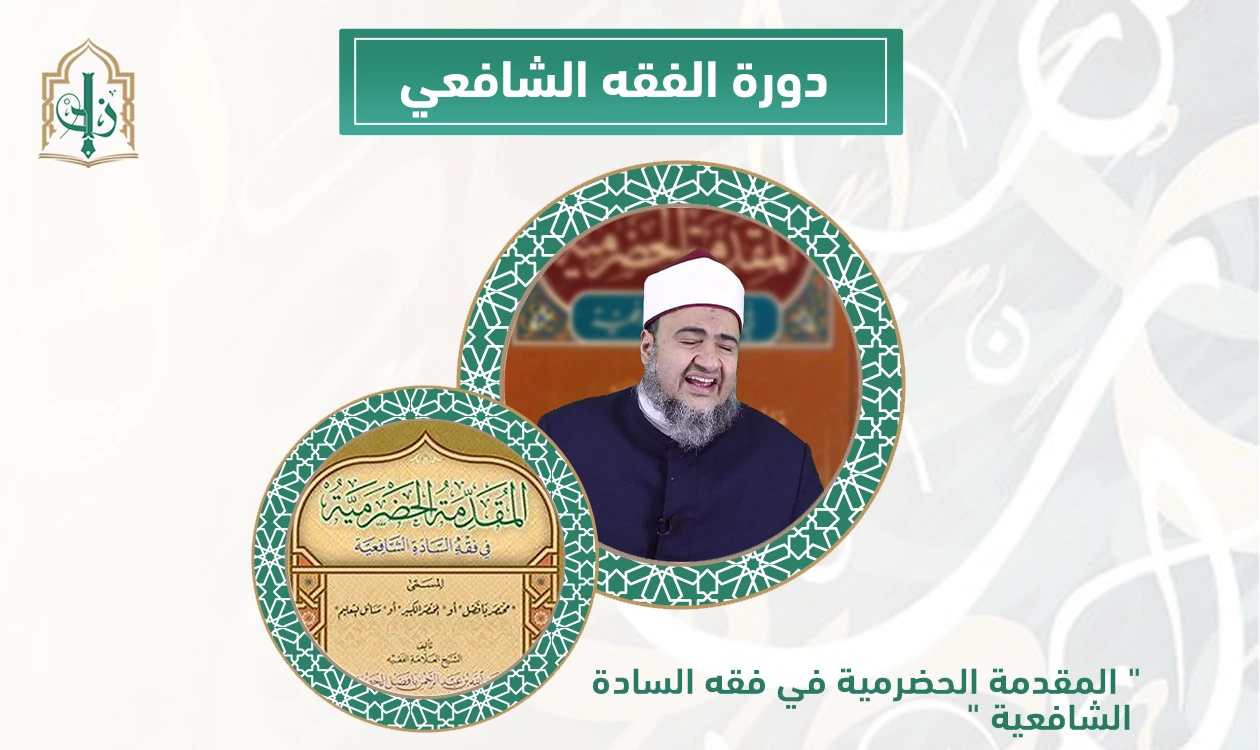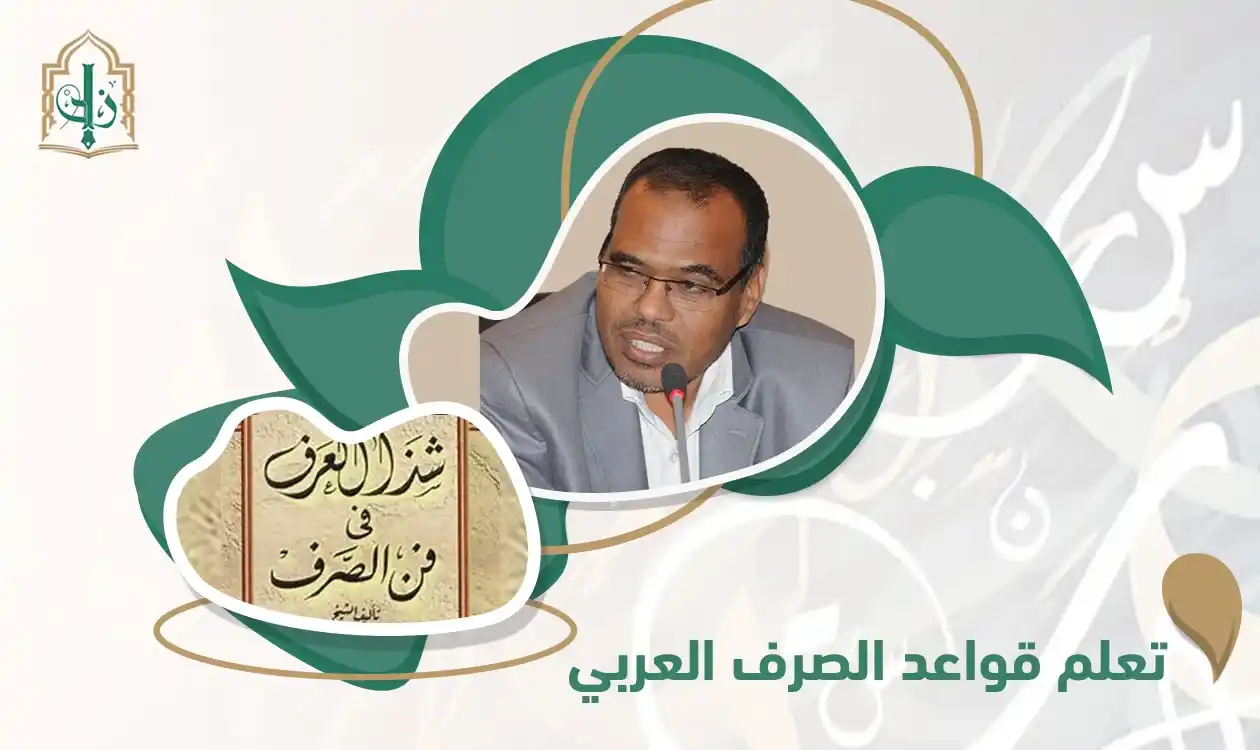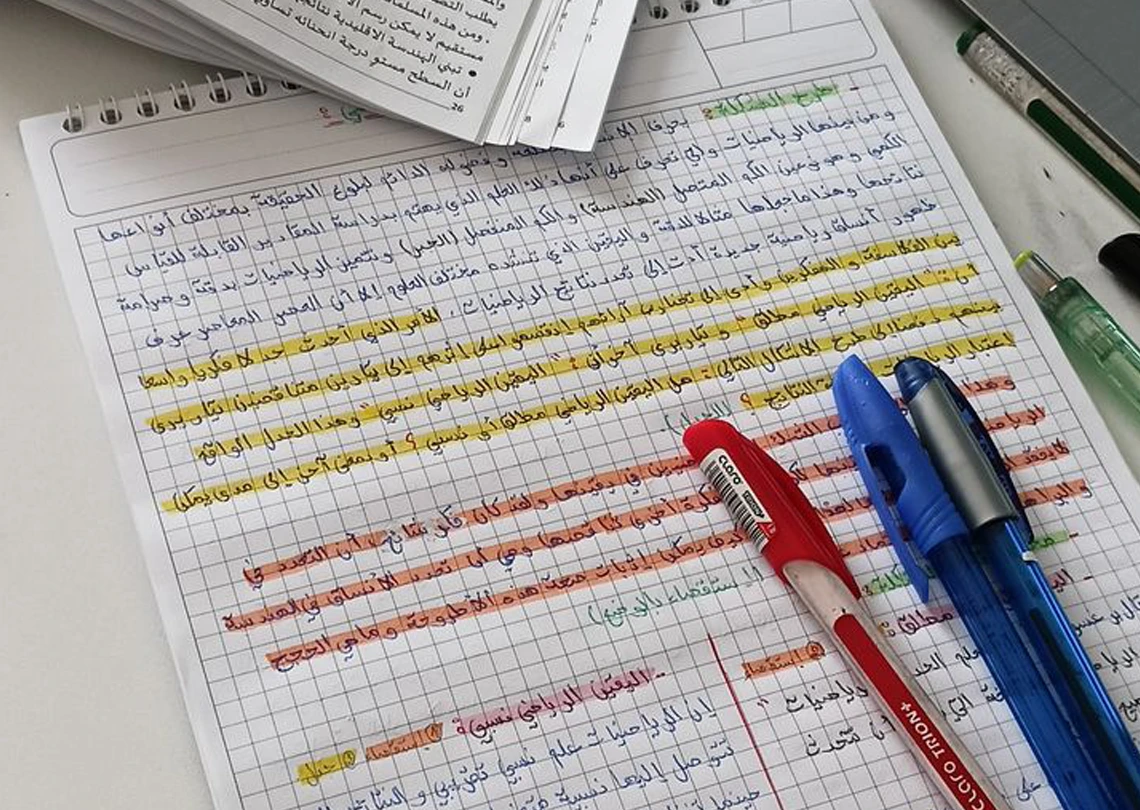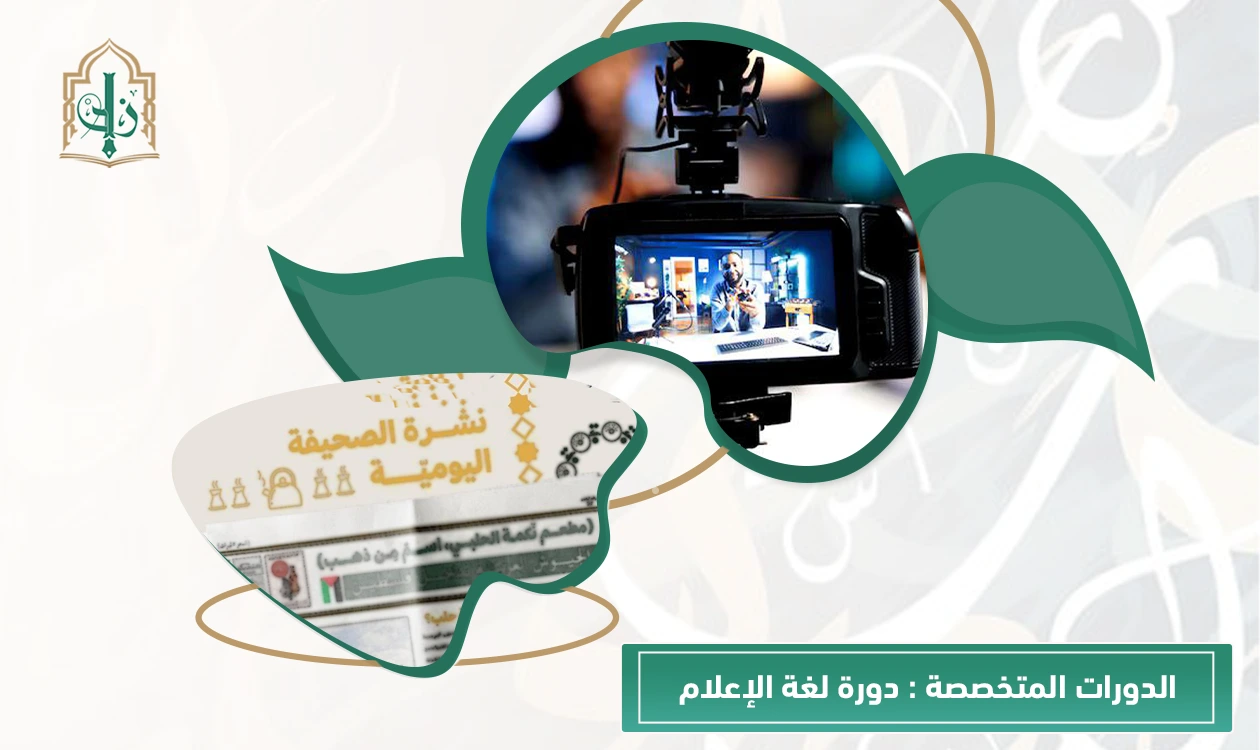-
27 Feb, 24
The Importance of Learning and Mastering the Arabic Language
The Importance of Learning and Mastering Arabic
- Preserving Cultural and Religious Identity
Arabic is deeply connected to Islamic and Arab culture. As the language of the Quran and prophetic traditions, learning it strengthens one’s identity and sense of belonging to the Arab and Islamic world. - Accurate Understanding of Religious Texts
Mastering Arabic enables individuals to understand the Holy Quran and Hadith more deeply, helping them comprehend meanings and legal rulings without relying on translations that might lose some of the original meanings. - Enhancing Intellectual and Expressive Abilities
Arabic helps improve logical thinking, enhances analytical and reasoning skills, and grants speakers a remarkable ability to express ideas with clarity and sophistication. - Its Importance in Science and Literature
Arabic boasts a rich literary and scientific heritage, with great works written in philosophy, medicine, mathematics, and literature. Mastering Arabic opens doors to understanding and benefiting from this wealth of knowledge. - Its Role in Communication and Integration Among Arab Nations
Arabic is the primary means of communication among Arab countries, fostering intellectual and cultural unity and enhancing cooperation between Arabic-speaking communities. - Its Impact on the Job Market and Academic Fields
Proficiency in Arabic is a fundamental skill in many fields such as education, journalism, translation, diplomacy, and media, where high linguistic accuracy and clarity are required.
Learning and mastering Arabic is not just an additional skill but a necessity for preserving heritage, culture, and effective communication. Arabic is a language of civilization, knowledge, and creativity. Mastering it provides broader opportunities for deep understanding of various sciences and cultures. Therefore, we must ensure its transmission to future generations and strengthen its role in daily life and education.

“ The Arabic language is one of the oldest and richest languages in terms of eloquence and fluency. It is not just a means of communication but also an identity, culture, and civilization. Arabic is the language of the Holy Quran and a tool for expressing thoughts and emotions. It connects Arab nations to their rich history and heritage. Therefore, learning and mastering it is not merely an option but a necessity to preserve cultural identity and communicate effectively in various fields. ”







